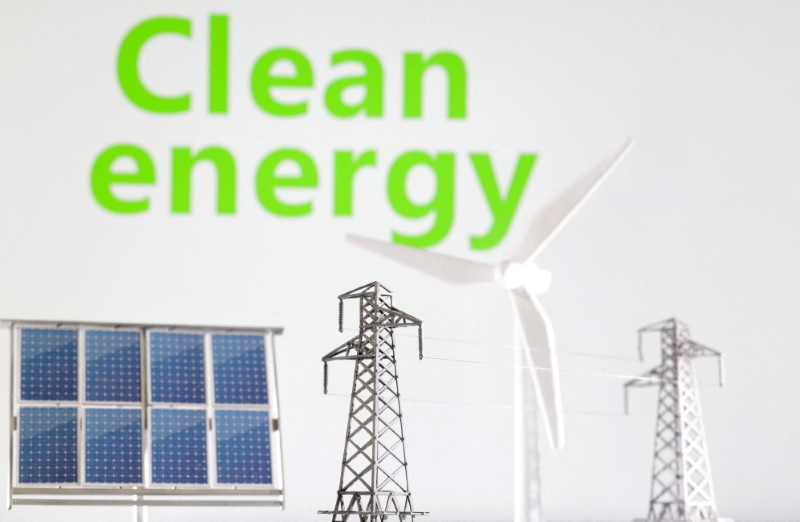
WASHINGTON (Reuters) – U.S. clean energy tax subsidies under President Joe Biden’s signature Inflation Reduction Act will boost U.S. budget deficits by $825 billion over the next 10 years, Congressional Budget Office director Philip Swagel said on Friday, far above the initial $270 billion 10-year estimate.

Swagel told reporters that higher cost estimates are due in part to a different budget window, 2025-2035, compared to 2022-2031 for an initial estimate when the legislation was approved in 2022.
Costs also were higher because of subsequent rule changes that increased the uptake of electric vehicle subsidies, including a leasing provision and new tailpipe emissions standards for internal combustion cars, he said.
This post is originally published on INVESTING.




